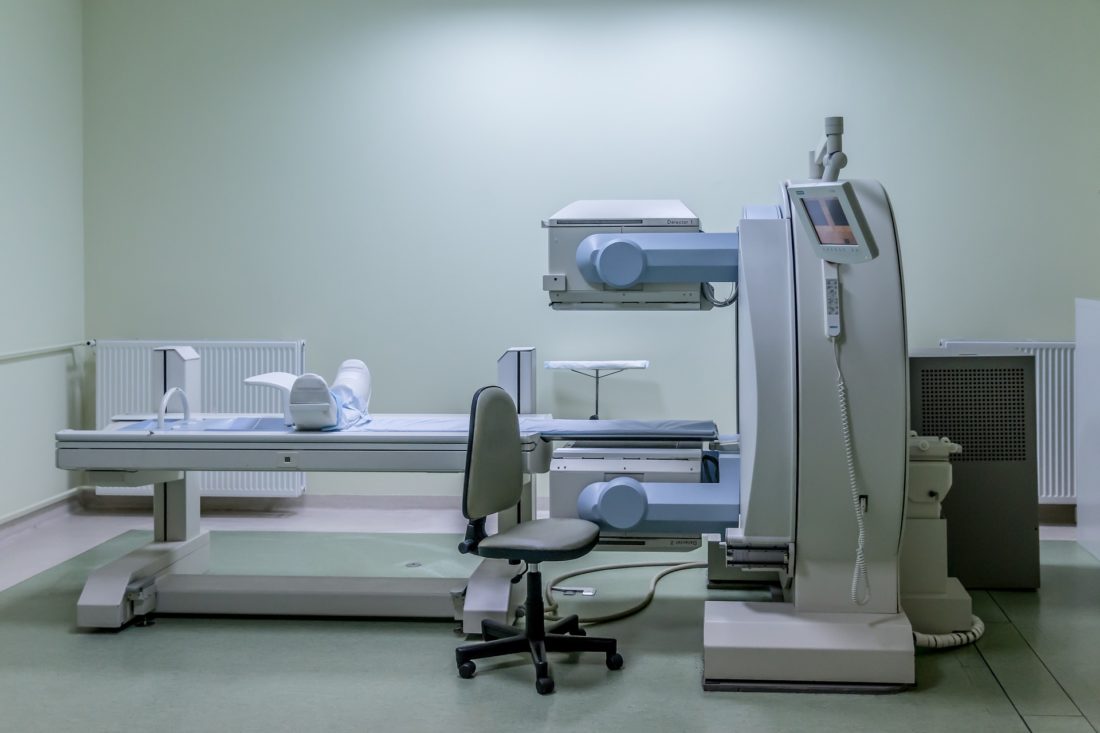
In 2016, projections showed ultrasound technician jobs increasing 17% by 2026.
This means the job market in this medical profession will continue to grow for the next several years.
Are you interested in entering into this realm of healthcare?
Whether you want to help people, are intellectually interested in sonography, or see it as a financially secure job, we’ll inform you on how to do so.
Here’s a simple guide on how to become an ultrasound tech.
Table of Contents
Sonography versus Ultrasound Tech
When you’re trying to research to find out more about ultrasound, you will come across the term sonography.
This is because people use the words interchangeably. Ultrasound uses high-frequency sound waves that reflect off of internal organs. This creates an image, called a sonogram or an ultrasound.
Before you begin looking down this career path, you should choose what area of specialization interests you. That way, you can choose a school that offers your program of interest.
The options include:
- Abdomen
- Breast
- Neuro
- Obstetrics and Gynecology
- Vascular and Cardiac
There are more than this, but these are general areas of specialization. To help you decide which route to take, think about your personality and level of interest. Also, assess the type of patients you will work with and the job opportunities in this specialization.
Education
An associate’s or bachelor’s degree will make you a competitive hire. However, it’s not required for entry-level positions. University education will raise your salary potential but is not necessary.
Certification
You will need to get at least one certification to get a job at most workplaces. Specific requirements depend on the workplace and employer, but it’s safe to assume all medical settings require at least one certification.
Certification provides employers and insurance companies security. It shows that medical practitioners have completed training according to national standards.
The certification process includes lots of anatomy and physiology classes, clinical work experience, and a rigorous final exam.
Accredited Program
The school you attend, whether online or in person, should have accreditation. There are many organizations providing accreditation, such as the American Registry for Diagnostic Medical Sonography, Accreditation Council for Continuing Medical Education, and American Institute of Ultrasound in Medicine.
So long as the program has backing by some accreditation organized that follows national standards, you’re good.
Cost and Length
Most courses range from 12-24 months, although more are leaning toward the longer end of that spectrum.
The certification expires after a certain amount of time, depending on the area of specialty you study. You may be able to pay for renewal and then re-test further down the line.
The cost of the certification depends on the area of specialty and the school you choose. You can expect it to be in the range of $200-$600.
Go the Distance
While one certification may get you hired, taking more courses will increase your job potential and expected income. Many programs offer online classes and webinars to make this process easier.
Since this field has above average expected growth in the next few years, you want to make yourself stand out as much as possible. This may mean university education, extra certifications, and plenty of hands-on experience.
Find a Progam
While some medical careers take 8 years of formal education and more, this one doesn’t. The maximum preparation time is two years and then you’re in the field.
If you’re truly interested in becoming an ultrasound tech, go for it. Look into programs that work for you and begin the process of starting a career helping people become healthy. More more helpful resources, check out the education section of this site.







